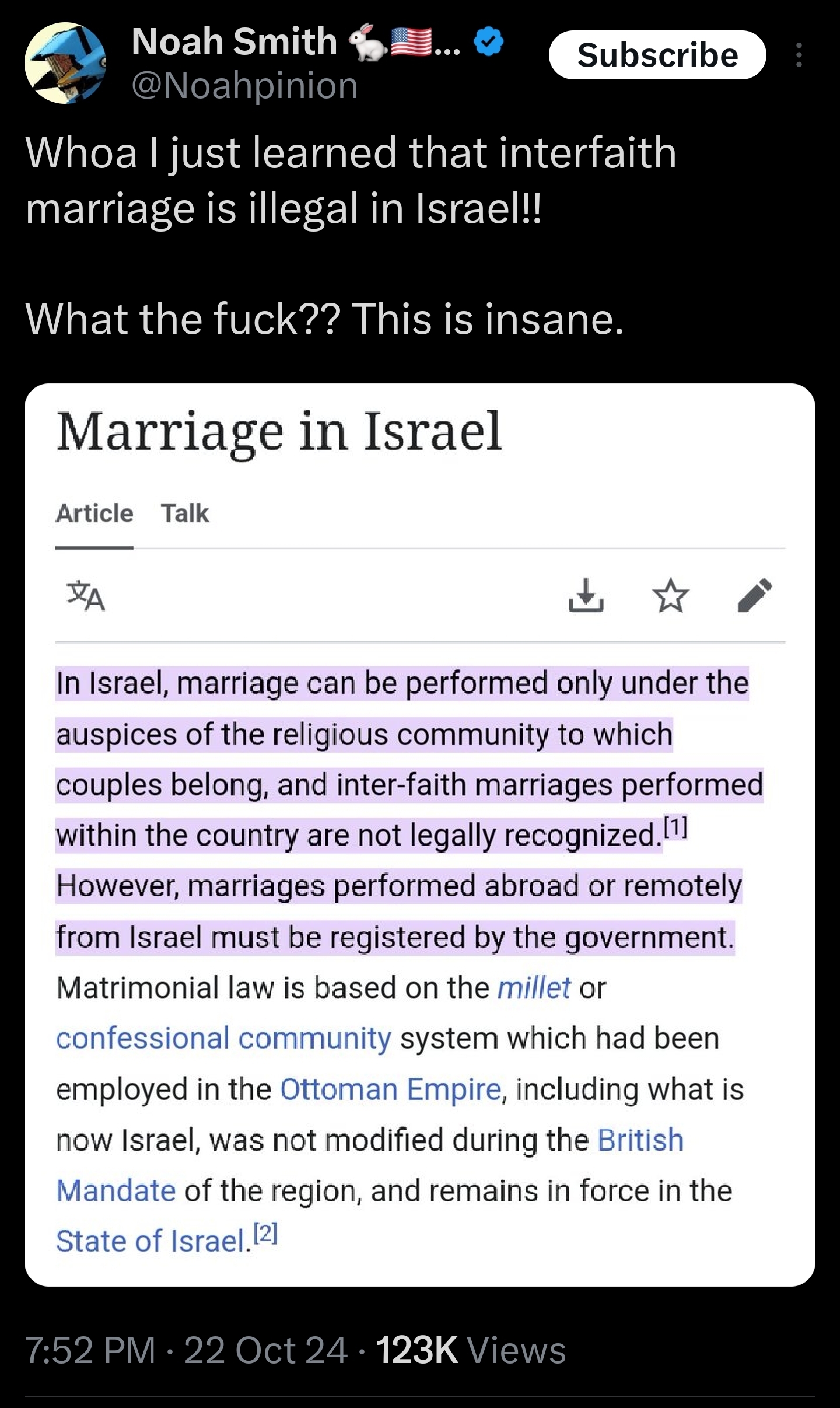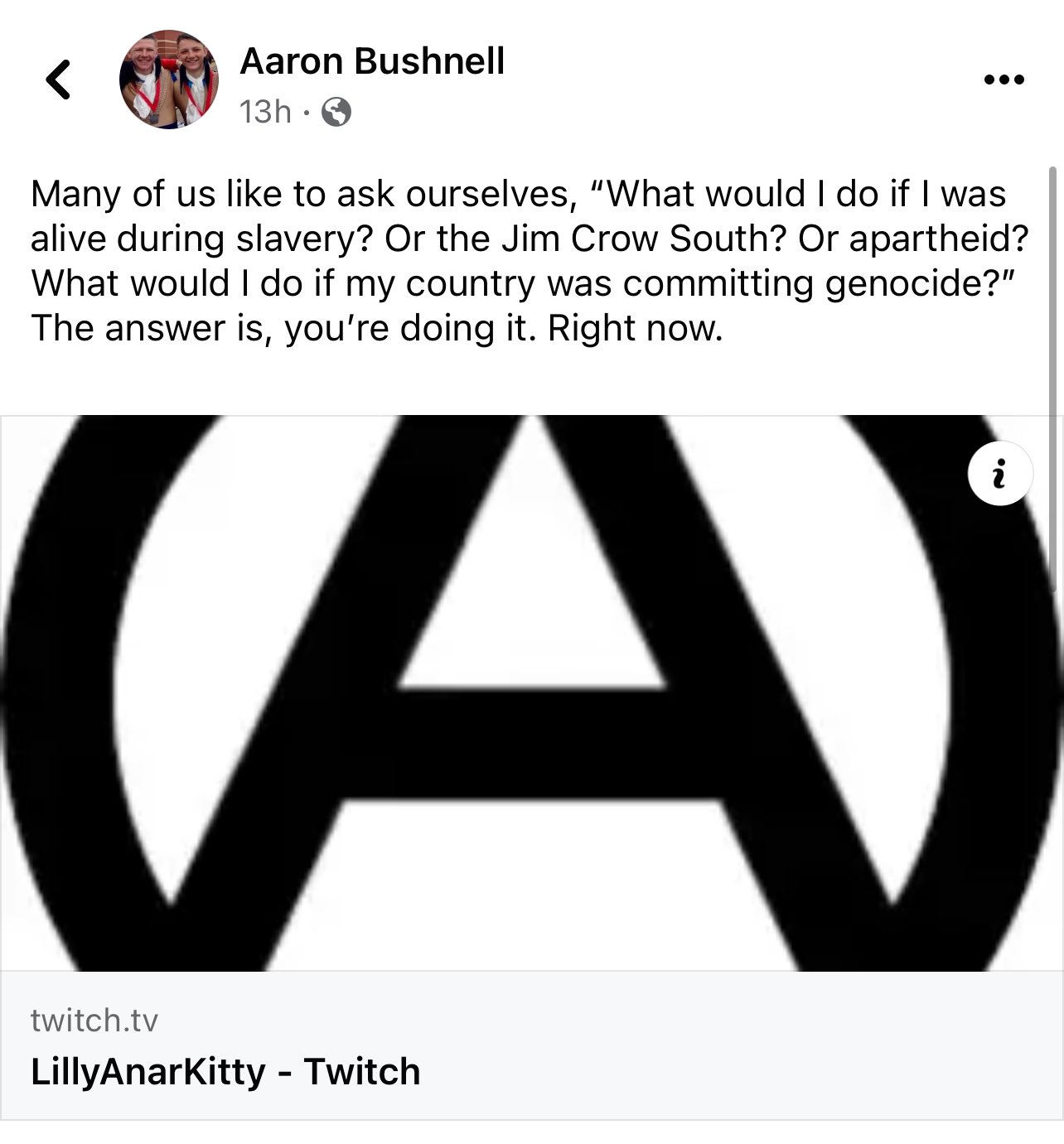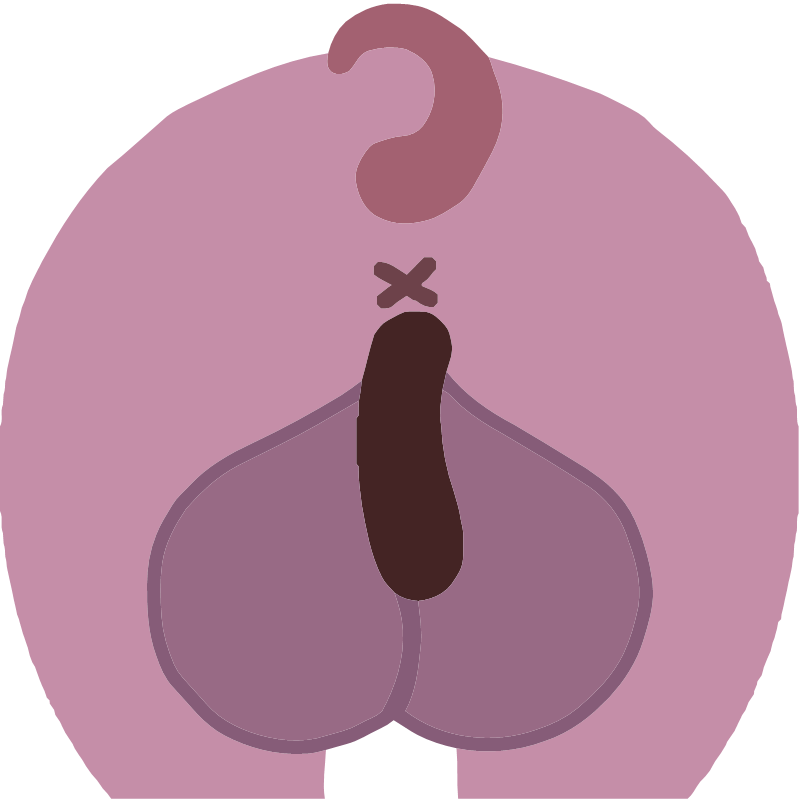In a vacuum, I would expect the Israelis to back the Druze in Syria. They have worked very hard to create a wedge in Golan by building up a relationship with the Druze, similar to what they have with the Kurds, and essentially labelling themselves basically as defenders of the Druze.
Two complicating factors are unclear to me. The first is if Israel can sustain another new front, either directly or through proxy, based on purely logistical contraints. It seems like no one in the West is going to turn the weapons spigot off, but the question is what do they even have to work with if they keep the Gaza bombardment up or even restart one of the other fronts? That's just from a proxy war/air-support perspective. There's even more logistical issues if they try to actually put troops deeper into Syria (I think that's unlikely).
The second thing is what the Arab/Turkish comprador states will do. I suspect the answer to that is they will be much more harsh in their response to Israel over fighting HTS than they will over anything they have done in Palestine.










Reuters: Israeli ultra-Orthodox party leaves government over conscription bill
Two years ago, I here said that I thought this issue would basically be the first embers of some sort of civil conflict in Israel, possibly the start of something like a civil war. There's growing been growing tension for years between the Haredi and secular/non-Haredi because the Haredi get lots of benefits but don't have to serve. They get the benefits of the state without their kids having to die in the war, and that pisses a lot of people off. I made that take not knowing just how far the world would let Israel go, but I think a lot of the kindling is still there for the Israeli state to implode .
.
Netanyahu's government now only controls 61 out of 120 seats in the Knesset as a result of this development.
::: spoiler Article One of Israel's ultra-Orthodox parties, United Torah Judaism, said it was quitting Prime Minister Benjamin Netanyahu's ruling coalition due to a long-running dispute over failure to draft a bill to exempt yeshiva students from military service.
Six of the remaining seven members of UTJ, which is comprised of the Degel Hatorah and Agudat Yisrael factions, wrote letters of resignation. Yitzhak Goldknopf, chairman of UTJ, had resigned a month ago.
That would leave Netanyahu with a razor thin majority of 61 seats in the 120 seat Knesset, or parliament.
It was not clear whether Shas, another ultra-Orthodox party, would follow suit.
Degel Hatorah said in a statement that after conferring with its head rabbis, "and following repeated violations by the government to its commitments to ensure the status of holy yeshiva students who diligently engage in their studies ... (its MKs) have announced their resignation from the coalition and the government."
Ultra-Orthodox parties have argued that a bill to exempt yeshiva students was a key promise in their agreement to join the coalition in late 2022.
A spokesperson for Goldknopf confirmed that in all, seven UTJ Knesset members are leaving the government.
Ultra-Orthodox lawmakers have long threatened to leave the coalition over the conscription bill.
Some religious parties in Netanyahu's coalition are seeking exemptions for ultra-Orthodox Jewish seminary students from military service that is mandatory in Israel, while other lawmakers want to scrap any such exemptions altogether.
The ultra-Orthodox have long been exempt from military service, which applies to most other young Israelis, but last year the Supreme Court ordered the defence ministry to end that practice and start conscripting seminary students.
Netanyahu had been pushing hard to resolve a deadlock in his coalition over a new military conscription bill, which has led to the present crisis.
The exemption, in place for decades and which over the years has spared an increasingly large number of people, has become a heated topic in Israel with the military still embroiled in a war in Gaza.